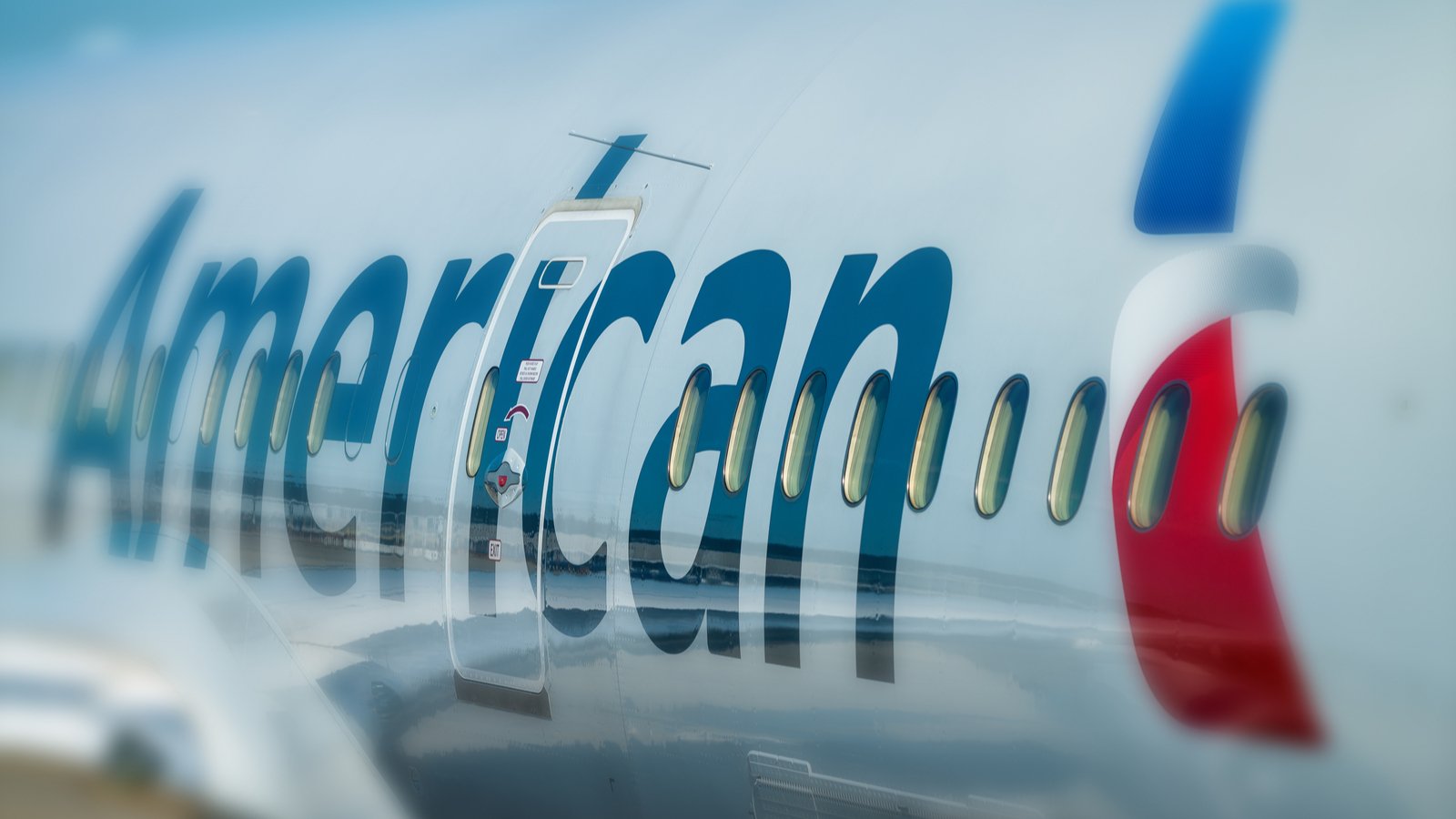Within a day of each other, one analyst covering American Airlines (NASDAQ:AAL) upgraded AAL stock and one downgraded it. It seems analysts are having a hard time deciding whether the airline is likely to recover in 2020.
In my opinion, American Airlines is the worst investment of the Big Four U.S, airlines and only should be bought when it’s trading in the single digits.
As for the analysts, Citigroup analyst Stephen Trent on July 27 lowered his target price on the airline by $3 to $14. He rates the shares a sell. On the same day, Raymond James analyst Savanthi Syth upgraded the airline from Underperform to Neutral, suggesting that AAL stock provides investors with a “balanced risk-reward” at the moment.
Overall, analysts are all over the map when it comes to rating the nation’s airlines. None of them, not even Southwest Airlines (NYSE:LUV), gets perfect marks from the judges.
According to MarketWatch, of the 20 analysts covering American Airlines, 16 have it rated “hold” or worse, and they have an average target price on the shares of $11.56, slightly above Friday’s closing price of $11.12.
American has got itself into a bit of a pickle because of its debt. It doesn’t appear there is anything that can reduce its pain over the remainder of 2020. Yet analysts seem split on where the company is headed.
Here are a couple of possible reasons for that.
Sum-of-the-Parts Valuation
InvestorPlace columnist Mark Hake recently reiterated the sum-of-the-parts (SOTP) analysis of American done by JPMorgan analyst Jamie Baker. Fundamentally, Baker believes that, given the value of American’s mileage loyalty program, the brand itself, and its other assets, the company is worth more than 12 times its current market capitalization of $5.7 billion.
As Hake points out, that means that, excluding the airline’s $40 billion of debt, the stock is worth $59 per share, and it’s trading for about one-fifth that amount. Hake is so confident that AAL stock is headed higher that he owns its shares.
“The basic belief that a vaccine will help turn around travelers’ willingness to fly on airlines is why AAL stock will likely rebound. Now it may take up to two years from now before the company’s prospects turn around,” Hake wrote in his July 29 column.
“But given that the market tends to discount the future, the stock price could easily rebound before then. In the meantime, cheaper prices in AAL stock are essentially a buying opportunity well below its SOTP value for patient, long-term investors.”
He makes a very compelling argument. Perhaps some of the analysts sitting on the fence have been reading his material.
Bankruptcy Looms for AAL Stock
Some readers might expect me to contend that American is not a lost cause. And suggesting that it might go bankrupt doesn’t seem like a great argument for buying a stock.
Anyone who’s followed the Hertz (NYSE:HTZ) saga over the past few months knows that a lot of investors bought the stock after it went bankrupt in the hope that they were getting the deal of the century. They believed that, that against all odds, Hertz stock would survive the bloodletting of the bankruptcy proceedings.
Any time a company enters Chapter 11 bankruptcy protection, its debts are put on hold until a bankruptcy court approves its reorganization plan. At that time, creditors are repaid from its assets that are sold, and anything left over (usually nothing is left) goes to its equity shareholders.
There are two reasons why I don’t expect American’s stock to rally after the airlines goes bankrupt.
First, the media has done an excellent job letting investors know the idea was a silly one. I said in June that a sophisticated investor such as Carl Icahn wouldn’t have taken a $1.6 billion loss selling Hertz shares if he thought there was a chance for the shares to survive the bankruptcy proceedings.
Secondly, the analyst’s sum-of-the-parts analysis suggests American still has a lot of untapped value. That’s something Hertz lacked. So if American did flirt with Chapter 11, the company would be able to obtain enough new funds from investors to stay afloat.
I myself would not buy AAL stock under any circumstances. That said, Hake’s argument makes it easy to understand why analysts are divided about the airline’s ultimate fate.
Will Ashworth has written about investments full-time since 2008. Publications where he’s appeared include InvestorPlace, The Motley Fool Canada, Investopedia, Kiplinger, and several others in both the U.S. and Canada. He particularly enjoys creating model portfolios that stand the test of time. He lives in Halifax, Nova Scotia. At the time of this writing Will Ashworth did not hold a position in any of the aforementioned securities.
